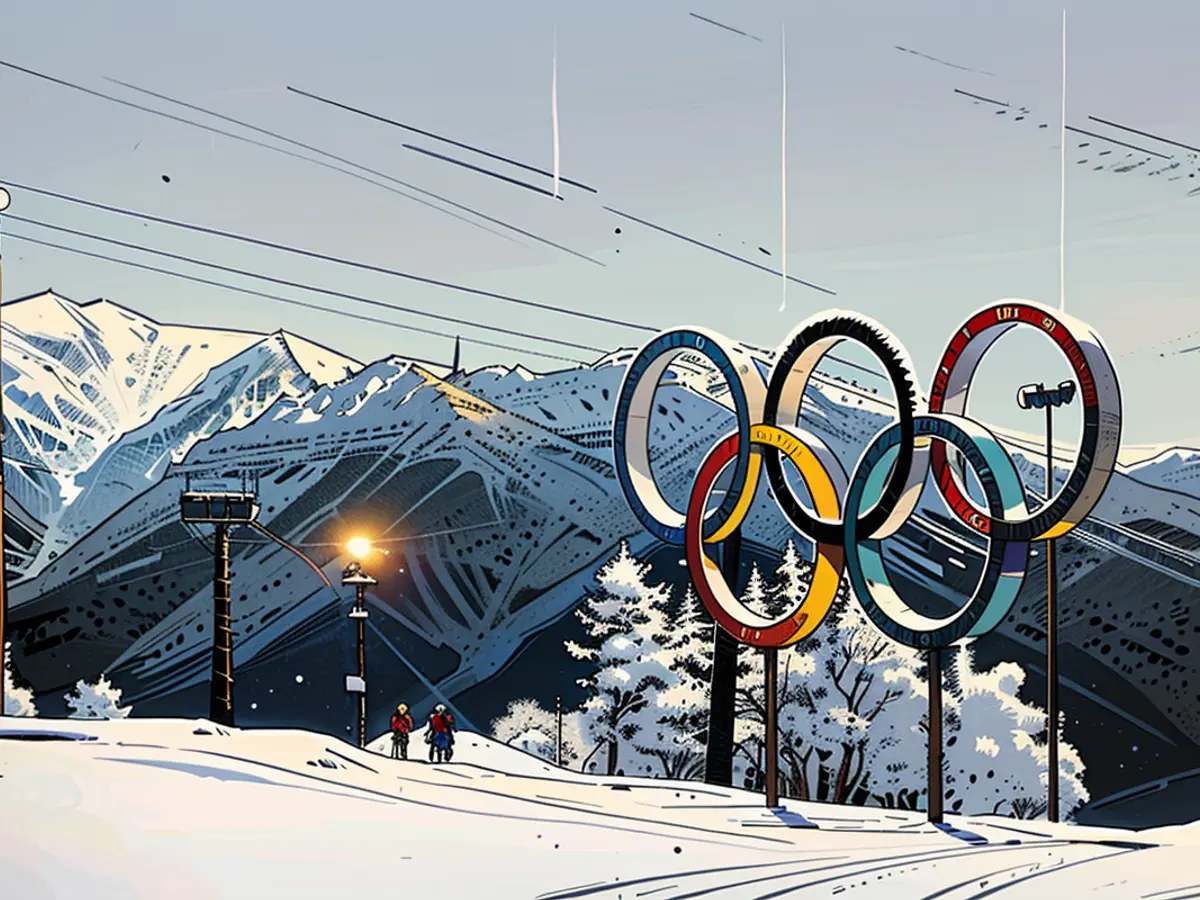Germany receives the Olympic Winter Games 2030 conditionally
The Olympic Winter Games 2030 will take place in the French Alps. The International Olympic Committee (IOC) granted the bid the expected approval, on the condition that the French Government and authorities guarantee the remaining financial and organizational commitments.
The French Alps will host the Winter Games 2030. This decision was made at the IOC's General Assembly before the Summer Games in Paris. The approval was given, however, on the condition that the French Government and local authorities provide the still open financial and organizational guarantees. Only then will the Host City Contract be signed by the IOC.
The outcome of the election was already considered a foregone conclusion before the 142nd IOC Session. France had been named the preferred candidate in November. The IOC leadership had recommended the approval during the General Assembly in June. For 2034, the IOC plans to award the Winter Games for the second time to Salt Lake City, Utah, in the United States. France has already gained ample Olympic experience. Winter Games have been held in Chamonix (1924), Grenoble (1968), and Albertville (1992) in the French Alps. Paris is hosting the Summer Games for the third time, after 1900 and 1924.
The Winter Games 2030 are planned to take place in the regions Provence-Alpes-Côte d'Azur and Auvergne-Rhône-Alpes. Several ice-competition events are planned for Nice. The concept primarily involves the use of existing competition venues.
Climate change will significantly reduce the number of bidders in the future
Political turbulence in France and the advanced parliamentary elections caused delays in the necessary guarantees from the Government and authorities for the Winter Games project. Currently, there is only an interim government. French President Emmanuel Macron plans to appoint a new Prime Minister only after the Olympics. In the National Assembly, no political faction has a majority after the election two weeks ago.
David Lappartient, head of France's National Olympic Committee, had previously assured: "Even if there is no majority in the parliament, there is a strong majority for the Games." IOC President Thomas Bach confirmed: "We would not vote if we didn't feel that way." Macron emphasized again during the presentation on the IOC stage: "You can trust us, we will be there."
The next Winter Games 2026 will take place in Milan and Cortina d'Ampezzo, Italy. Switzerland is expected to receive preferential treatment from the IOC for a future bid, should they choose to apply again. The Swiss bid, like the French and the American projects, received an early rejection from the IOC selection commission. A German Winter Games bid had previously been with Munich for 2022, but this failed due to public opposition.
Long-term, the Winter Spectacle poses a problem for the IOC due to climate change. According to calculations by researchers from 2040, only ten countries will still be snow- and ice-safe enough for the organization of Winter Games.
The Olympic Games have a rich history in Germany, with previous Winter Games held in Chamonix, Grenoble, and Albertville, all located in the French Alps. Despite France's strong Olympic history, the International Olympic Committee (IOC) granted the bid for the Winter Games 2030 to the French Alps, conditional on financial and organizational guarantees from the French Government and authorities.
The location of the Winter Games 2030 is a testament to the enduring appeal of the Olympic Games, which continue to attract bids from different countries and regions, despite challenges such as climate change reducing the number of potential bidder nations in the future.








